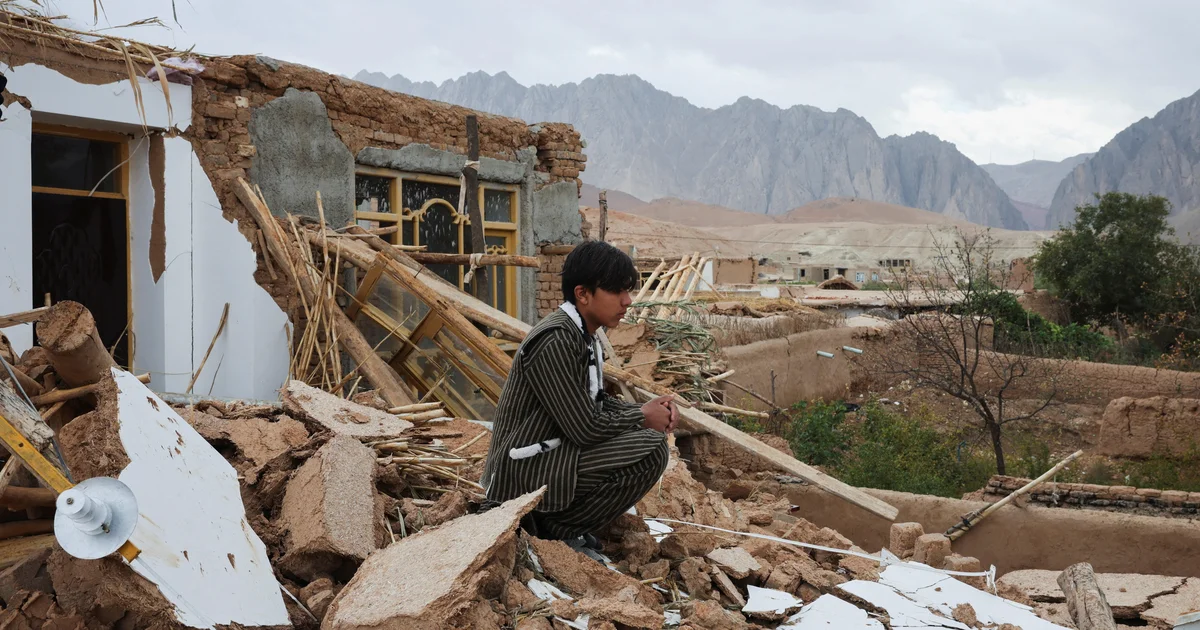Copyright CBS News

The death toll from a powerful earthquake that struck northern Afghanistan early on Monday climbed to 27 on Tuesday, with almost 1,000 others confirmed injured by the temblor, according to national health officials. The U.S Geological Survey said the 6.3 magnitude quake was centered near Kholm, in the northern Samangan province, but Afghanistan's Taliban government has reported damage and casualties in at least five other provinces. Videos posted online show the quake lasting about 20 seconds. It was so powerful that it was felt in the capital Kabul and neighboring countries, causing panic for families early Monday morning. Sharafat Zaman, a spokesman for the Ministry of Public Health, said 27 people were killed, most of them in Samangan and the neighboring Balkh provinces. There were also confirmed deaths in Baghlan, Kunduz, Sar-e-Pul and Jawzjan provinces, with a total of 953 confirmed injuries. The Afghanistan National Disaster Management Authority has reported that over 500 homes were partially or fully damaged in the earthquake, leaving families at immediate risk of displacement and in urgent need as temperatures drop with the onset of winter. In Mazar-i-Sharif, the provincial capital of Balkh, the quake caused significant damage to the famed 15th-century Blue Mosque, according to regional government spokesman Haji Zahid, who shared a video of the damage on his social media account. Humanitarian aid organizations, many of them reeling from recent funding cuts by the U.S. and other governments, have deployed teams to help facilitate the delivery of emergency health care and other essential items to those affected. "Afghanistan faces repeated disasters — earthquakes, floods, and droughts, all worsened by the climate crisis. At the same time, the country is experiencing a severe food crisis driven by drought, economic collapse, and the withdrawal of vital funding," ActionAid's country director for Afghanistan, Srikanta Mirsa, said in a statement. "One in five Afghans faces acute hunger, with millions more severely malnourished." Over the past two years, Afghanistan has been struck by multiple deadly earthquakes, including a powerful temblor that hit the country's east in late August, killing 2,200 people and leaving thousands of families without shelter, clean water, and medical care, according to the United Nations and Afghan authorities. The U.N. said it would need $140 million in emergency funding to help the families affected by that quake. "In this moment of profound need, the world cannot turn away. Every cut to international aid further weakens the resilience and recovery of millions of Afghans already living in crisis," said Mirsa.



